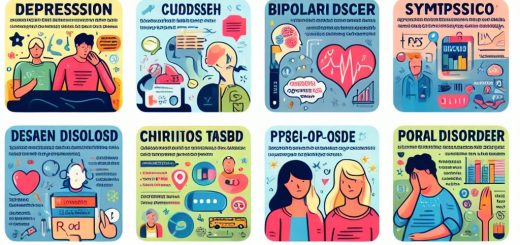Why do therapists avoid patients outside of the session?

Therapists often establish boundaries regarding interactions with their patients outside of therapy sessions for several reasons:
1. Maintaining Objectivity: Therapists need to maintain a professional and objective stance during therapy sessions to provide effective treatment. Interactions outside of therapy can blur the lines between the therapeutic relationship and personal relationships, potentially compromising the objectivity and boundaries necessary for effective therapy.
2. Confidentiality: Privacy and confidentiality are fundamental principles in therapy. Discussing a patient’s issues or progress outside of the therapeutic context could breach confidentiality, which is ethically and legally problematic.
3. Avoiding Dual Relationships: Therapists aim to avoid dual relationships where they have multiple roles with a client (e.g., therapist and friend, therapist and coworker) because these can lead to conflicts of interest, power imbalances, and ethical dilemmas.
4. Protecting the Patient’s Well-Being: Therapists are mindful of the potential impact their interactions could have on the patient’s mental and emotional well-being. If a therapist were to engage with a patient outside of therapy in a way that causes harm or confusion, it could negatively affect the therapeutic process.
5. Promoting Independence: Part of therapy is helping clients develop the skills and independence to navigate their lives. Overly engaging with clients outside of sessions can inadvertently hinder their growth and problem-solving abilities.
6. Professional Boundaries: Maintaining clear boundaries is an essential aspect of professional ethics in mental health care. These boundaries help protect both the therapist and the patient and ensure that the therapy remains focused on the patient’s needs.
However, it’s important to note that not all therapist-patient interactions outside of sessions are necessarily discouraged or inappropriate. In some cases, limited and carefully managed contact outside of sessions may be appropriate and beneficial, such as in group therapy settings, crisis situations, or when practicing exposure therapy. The extent and nature of such interactions should be discussed and agreed upon in the therapeutic relationship and should align with the therapist’s ethical guidelines and professional standards.













Wow, superb blog layout! How long have you been running a blog for?
you made blogging look easy. The full glance of your site is fantastic,
as smartly as the content material! You can see similar:
Crystallon.top and here Crystallon.top
I delight in, lead to I discovered exactly what I was having a look for.
You’ve ended my 4 day lengthy hunt! God Bless you man. Have a nice day.
Bye
Great post. You can see similar: najlepszy sklep and here sklep online
great article
Hey people!!!!!
Good mood and good luck to everyone!!!!!
Good evening. it is stunning to know about above mentioned information. we should maintain those to help our valuable clients. Great job done.